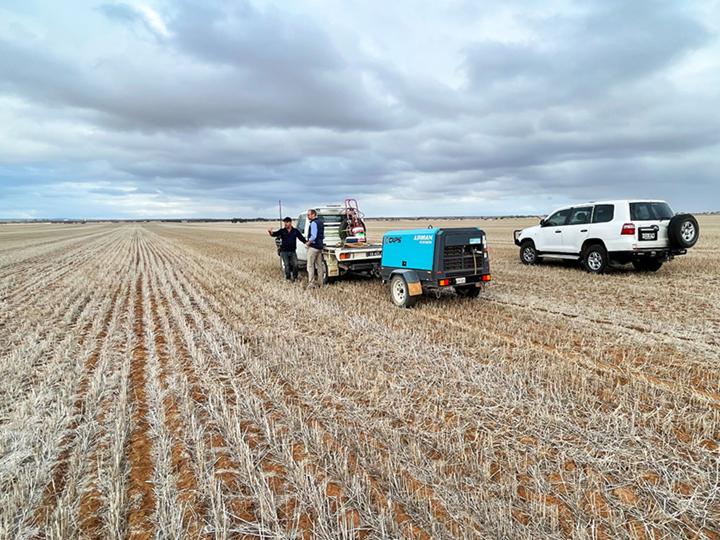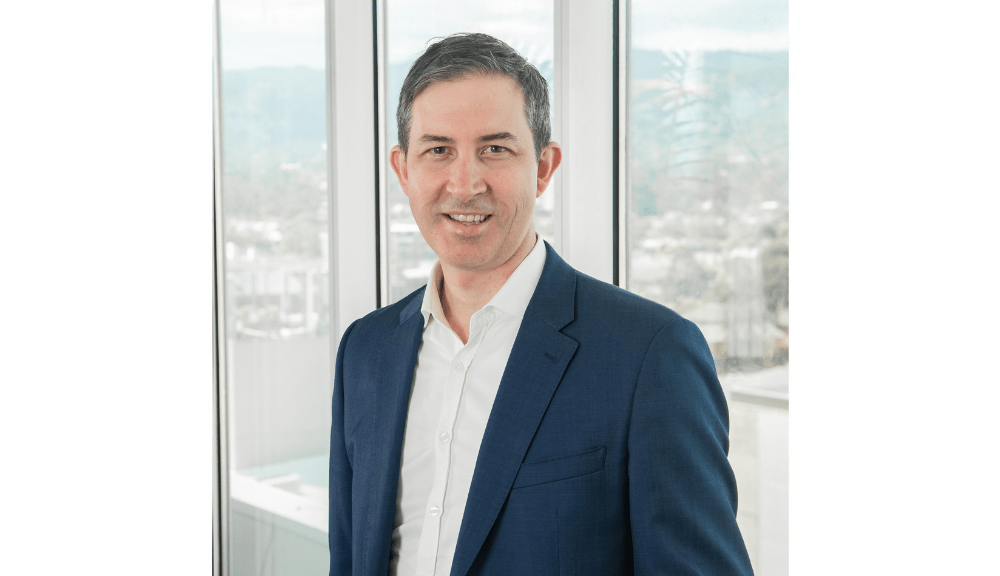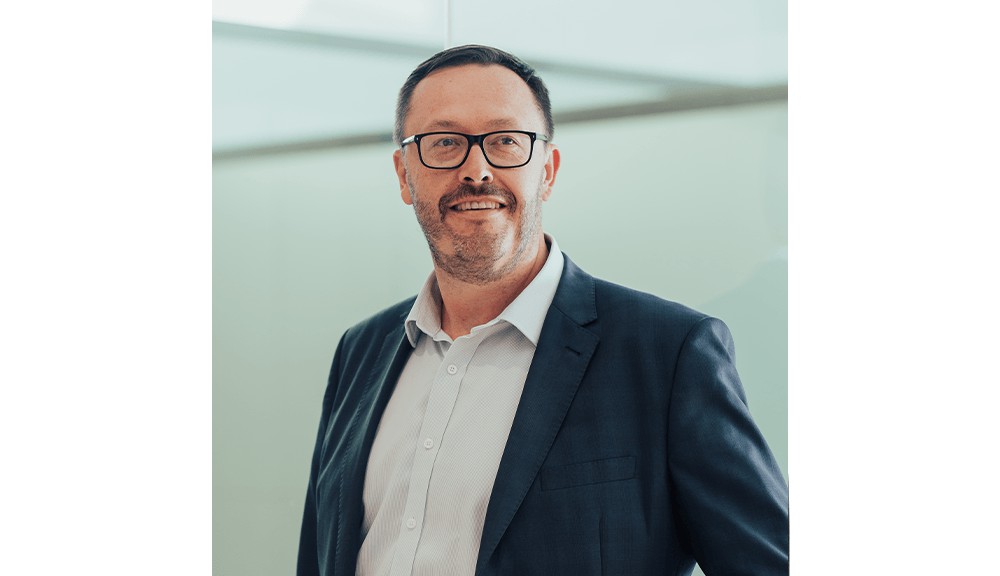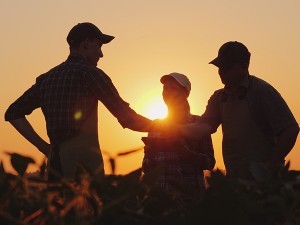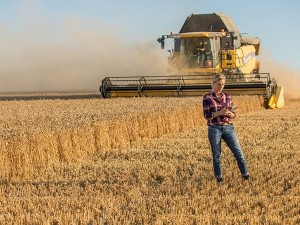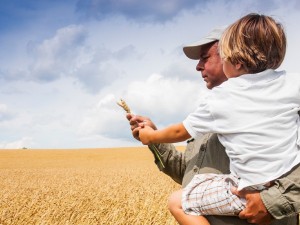Often the question for farming property owners is whether to purchase additional farming land to achieve better economies of scale, or to focus on maximising the profitability of your existing land. Your long-term objectives and your attitude towards risk, will determine how you want to structure your property assets to best meet your needs, both now and in the future.
For many farmers simply achieving maximum profitability with the least amount of risk is the most prudent decision, particularly if you don’t have a lot to fall back on.
- If you’re thinking about purchasing additional land, you’ll need to take into account:
- Land availability – is the right land for my needs available?
- Capital cost of land purchase compared with the long-term profitability you can achieve by increasing your landholding.
- Value of land as an investment.
The purchase of agricultural land has become a lucrative investment for many in recent years. Demonstrating its resilience in a volatile market, it is expected that rural land will to continue to steadily grow over the long term. The current low interest rate environment, coupled with the instability of traditional equity markets due to COVID-19 has caused an increase in the purchase of land and property in general from an investment perspective, and agricultural land is no exception.
However, purchasing land outright or expanding your land holding isn’t necessarily the right option for all farming enterprises. While the record low cash rate environment means finance is more affordable than ever, the barriers to entry remain high. According to a report released earlier this year by Rabobank, demand continues to exceed supply in the agricultural property market .
With this in mind, it’s not surprising that leasing is becoming an increasingly prevalent option in the Australian farm property market, which is a trend Rabobank anticipates will continue to grow as more farmers move into retirement and investment returns increase.
Leasing land can provide a low-cost entry point for farmers who are just starting out, or for those looking to scale-up without a huge financial commitment. Leasing land offers the ability to expand your farming operation, without carrying the debt associated with buying. Naturally, there are downsides and, as a lessee, you are missing out on that capital growth opportunity through land appreciation, while still carrying the risk of seasonal and commodity price fluctuations.
On the flip-side, leasing provides a stable income source to farm property owners who may be looking to scale down and no longer wish to work their land, or a portion of it. For farmers considering retirement, leasing is way to plan a staggered exit from farming. It can also allow you to manage your desired workload and free up capital that can be used, for example, to buy a second house in the town where you intend to retire, while still ensuring you retain ownership of the land as an investment asset.
Leasing has been considered somewhat risky due to concerns about poor land and infrastructure maintenance due to a lack of investment by the lessee, highlighting the importance of structuring an appropriate lease arrangement guided by professional legal advice.
Ultimately, whether you choose to buy, sell or lease, it is worthwhile seeking some professional advice to ensure that whatever your decision, it helps you achieve your personal objectives and puts you in a position to succeed, both now and in the future.
